PREPARE for your future nursing career.
Our state-of-the-art nursing facilities and simulation labs give you the hands-on training you need with equipment you’ll use on the job.
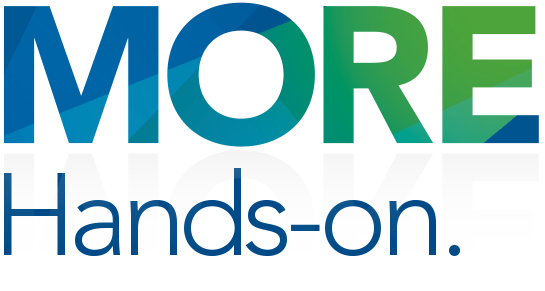
At Georgian, we make hands-on learning a priority.
Georgian’s high-fidelity simulation labs look and feel like real hospitals. Patient beds are occupied by human patient simulators that replicate a wide variety of medical conditions. That means you can practise procedures – like administering intravenous medication or assessing vital signs – before working with actual patients.
Georgian BScN students get plenty of hands-on, practical training and opportunities to practise application of nursing theory so you can prepare for your future nursing career.

Sadlon Centre for Health, Wellness and Sciences.
Advanced nursing education
Georgian’s spacious nursing simulation and learning labs at the Barrie Campus Sadlon Centre for Health, Wellness and Sciences feature the very latest,
state-of-the-art technology.
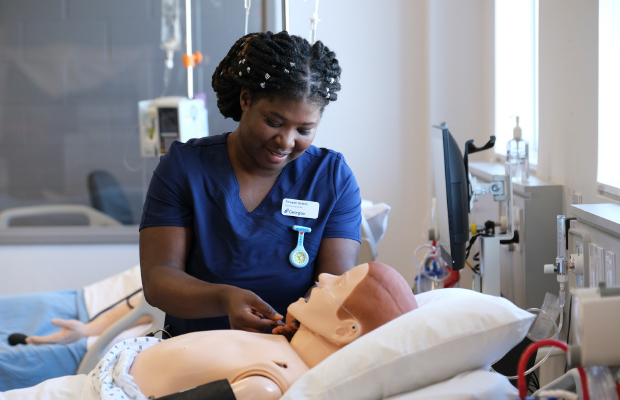
Train on leading-edge equipment
The equipment you’ll practise on as a student will look and feel like the equipment you’ll use in a modern hospital or clinic setting, preparing you for your nursing career.
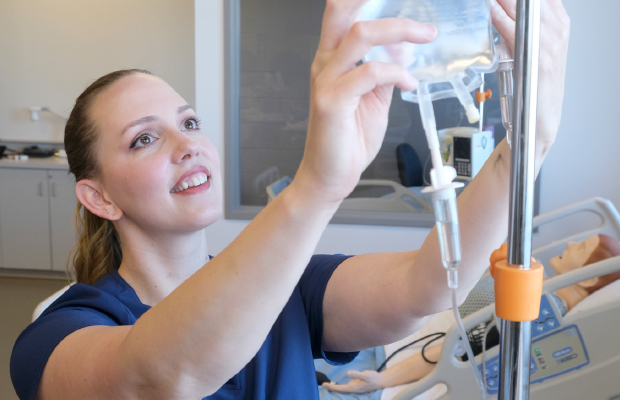
Bringing medical scenarios to life
Featuring 11 patient beds occupied by sophisticated, high-fidelity human patient simulators, as well as scenario rooms to simulate real life, high-stress situations, you’ll have ample opportunity to practise patient care.
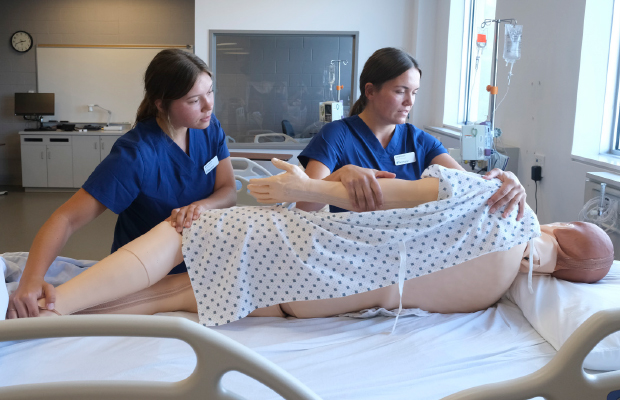
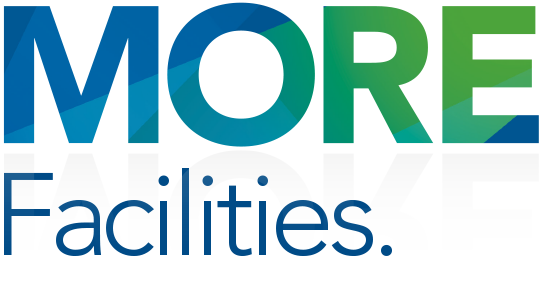
Nurse training labs
in Owen Sound
Georgian is bringing new nurse training facilities to our Owen Sound Campus by fall 2022 to prepare tomorrow’s nursing workforce and make health-care careers possible for more students.
The new state-of-the-art, high-fidelity simulation lab will feature two simulation rooms and accompanying debriefing rooms, two eight-bed flex labs for simulation and skills training, and a full teaching apartment lab to facilitate training for in-home care.
Nursing graduates are in high demand at health-care providers in Central Ontario. Georgian plays a critical role in fulfilling the need for qualified nurses – one that has been exceptionally apparent over the last year.
LEN LEFAIVE
RN, MHSc, faculty and nursing lab co-ordinator
“One thing that’s unique for us is the amount of space we have dedicated to in-person learning in a lab setting. The simulation labs help create a near-reality experience where students are managing their knowledge and skills to work with a patient who has a unique story.”
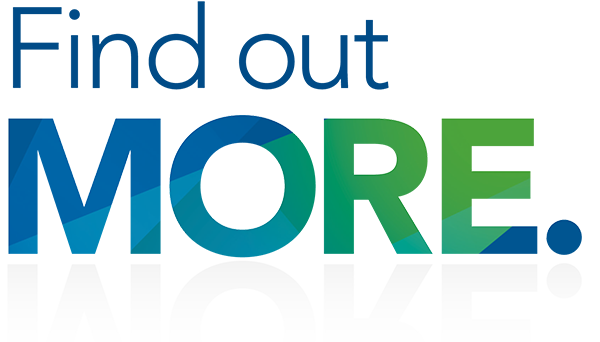
READY to explore your future career in nursing?
Connect with Kailey, Recruitment Specialist, to discover more about Georgian’s four-year BScN degree program and get answers to your questions.
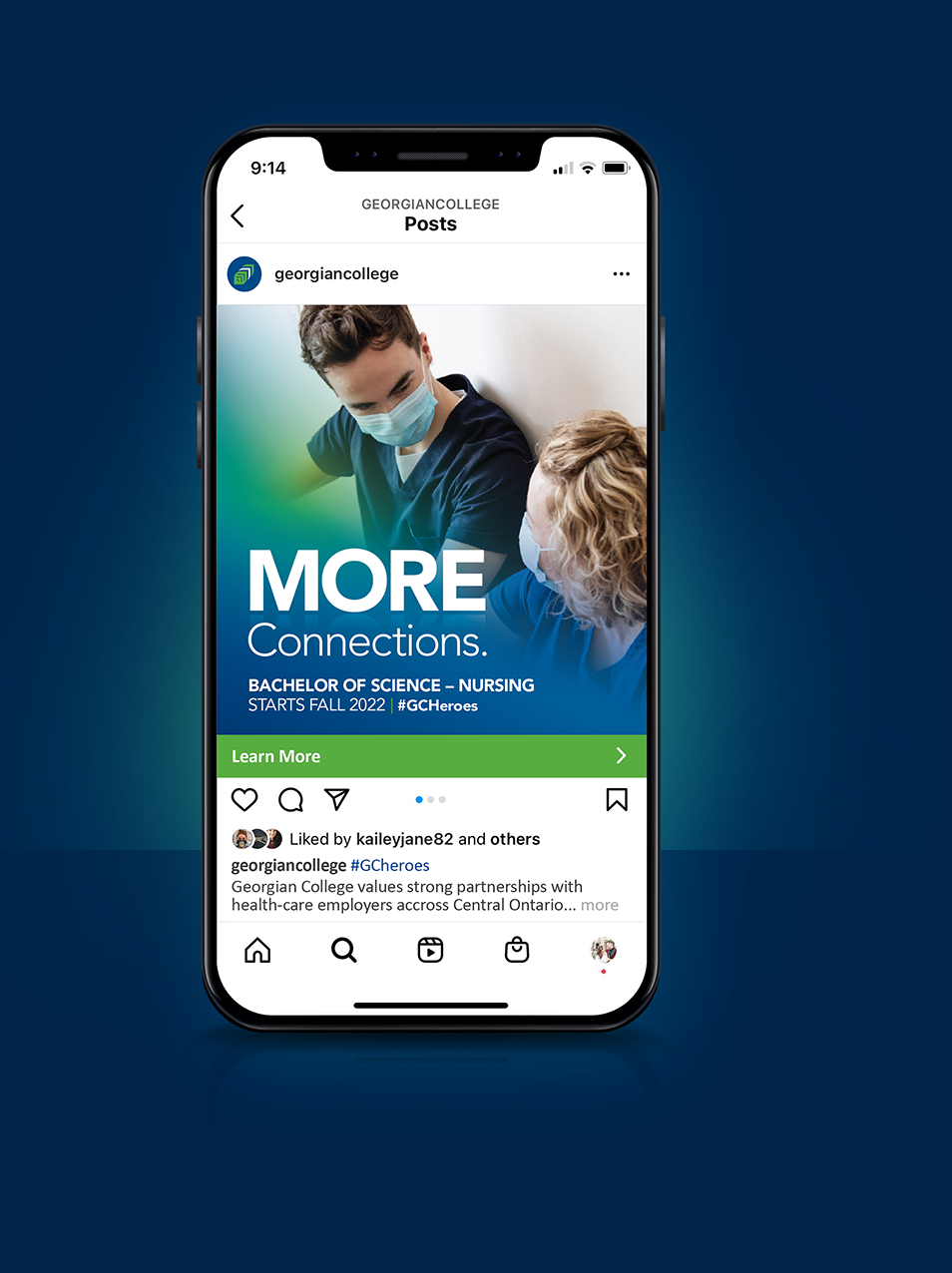

RECOGNIZE the health-care heroes in your life who wear an invisible cape!
Do you have a story to share about a health-care hero making meaningful impacts in your community?
Share your stories, gratitude, photos, videos and more by using the hashtag #GCHeroes on social.
One Georgian Dr., Barrie ON L4M 3X9 | 705.728.1968 | inquire@georgiancollege.ca
Copyright © 2021 Georgian College.
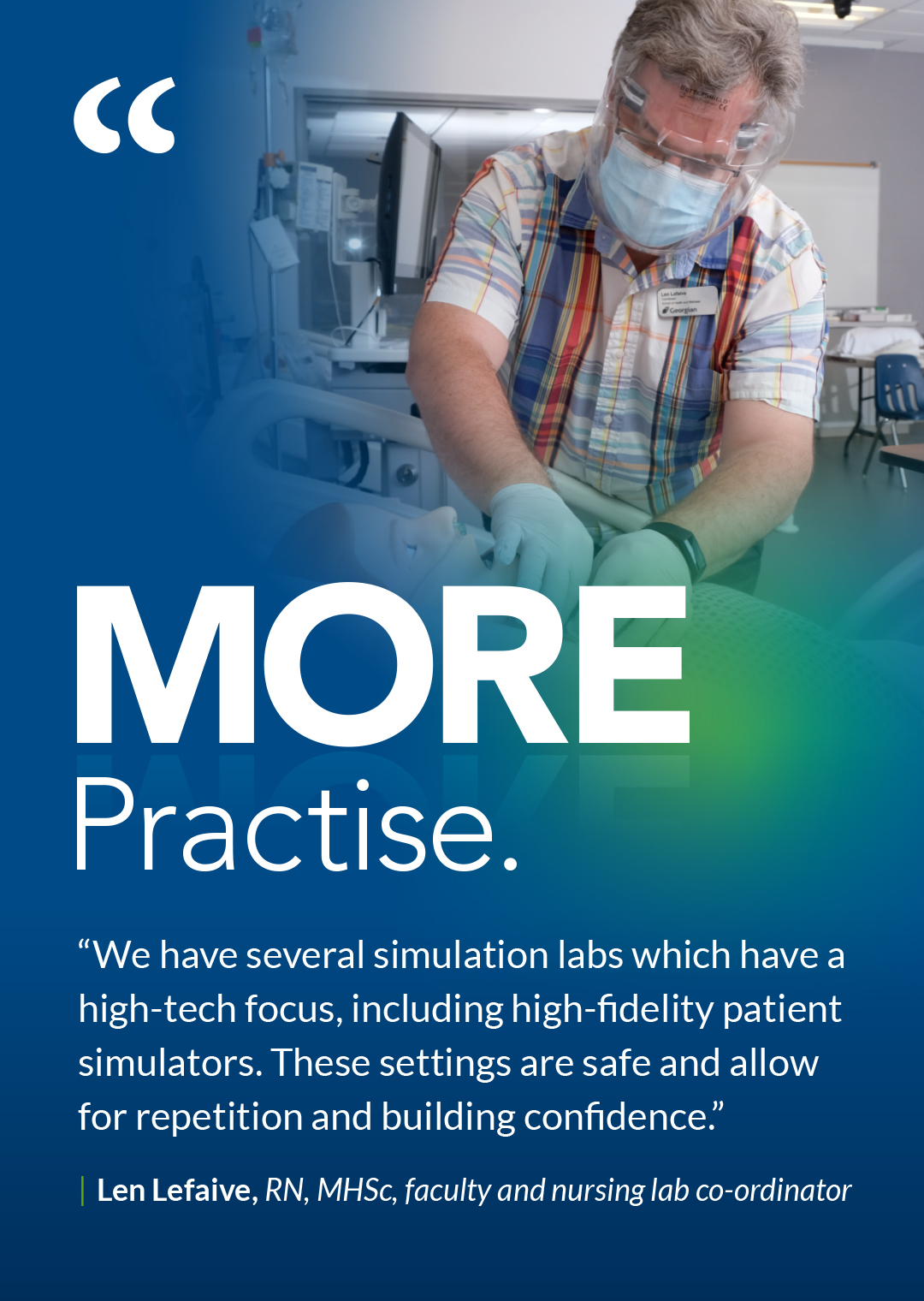
LEN LEFAIVE:
Bringing medical scenarios to life
Why is a new BScN program needed at Georgian?Georgian has a long history of preparing registered nurses, and students need to have the full program closer to home and in one spot. It’s something that our community of learners has wanted for a while. Having the four years in one continuous flow at Georgian is good for our students, our program and our community.
What’s unique about Georgian’s nursing labs?One thing that's unique for us is the amount of space that we have dedicated to in-person learning in a lab setting. This allows us time to focus in different labs on different setups.
For example, we have some general labs that are set up with hospital beds and the equipment we need to cover the variety of skills and learning content that students will need.
On top of that, we have several simulation labs which have a high-tech focus, including high-fidelity patient simulators.
We’re able to engage the students in experiencing a simulated patient encounter where the patient could be having a heart attack in the morning, for instance, and then use that same patient simulator in the afternoon to showcase completely different symptoms such as breathing problems.
We can create these learning scenarios for students to experience in a very safe environment where if mistakes are made, we can look at them and learn from them. There's no pressure.
The simulation labs help create a near-reality experience where students are managing their knowledge and skills to work with a patient who has a unique story. These settings are safe and allow for repetition and building confidence. I think that really sticks out in comparison to other colleges.
We also have a room set up as a home apartment for our home and community-type environments to simulate home visits and those types of community-based interactions.
We also have maternal-child simulation lab with a simulator that delivers babies and simulators that act as the mom after delivery.
We also have a pediatric and neonates simulation room where we have small, high-fidelity baby simulators, up to a five-year-old child simulator.
We have the capacity to invest in the best equipment that we can get and keep it renewed.
Even the beds in our labs are the same ones they use in hospitals. They're high quality and very robust.
Being ‘state of the art’ is no good if you never change. So, we're constantly in that cycle of looking at what we have, and how we can make it better and trying to stay as far ahead of the curve as we can so that our students have the best learning environments possible.
Currently, we are looking to the future of virtual simulation scenarios. This is interactive online learning students can do anywhere they have access to the internet, along with virtual reality simulation, which is starting to evolve very quickly.
What’s your favourite Georgian memory?Often in the simulation learning environment, students will say they feel like they’ve learned an incredible amount.
When a student says that, you feel like you could walk on air for a few minutes. I don’t think there’s anything quite like that feeling. It energizes me to no end.
I love teaching nursing students and then seeing them graduate.
I get such a charge out of seeing someone accomplish their goal after four years of putting in a ton of effort, at times they may have felt like they might not be able to make it, but they do and they keep going.
It’s almost like seeing your kids graduate. There’s something about realizing that they’ve done a tremendous thing and you have this small part in it and that you may have helped them achieve their goals.
Why did you become a nurse?I liked the idea of a role where I could work with people to help them as they're trying to regain their health. It seemed like a profession that had the kinds of values that were worthwhile pursuing.
I get a lot of satisfaction working with people.
You have an opportunity to work directly with them through different issues and to try to help them make the very best of whatever their situation.
Who are your nursing heroes?There's been such a large variety because I've been many, many places. There are heroes everywhere you look.
One of the first ones was a clinical nurse specialist, Rosanna Warden-Hawker. When I started my first job in the early 80s, the turnover in nursing staff was unbelievable. I'd say after eight months on the job as a new nurse I became one of the senior nurses on the floor – that's how fast people were coming and going.
Rosanna was this incredible supreme professional who had many years of experience and a vast amount of knowledge that she was willing to share, both to help us but also to ensure that the patients were getting the best care possible.
There was another lady named Olga, who was one of the senior nurses, and she had an unbelievable way with patients – just the way she could communicate to them and help them and lessen the tension when there were problems. She was a strong, strong nurse.
Then later, there was Gail Paech, the then–vice president of nursing at what is now Michael Garron Hospital. She really gave me a lot of support and assistance. She's a very bright woman, very driven, and a really strong advocate for nursing.
I also get inspiration from some of the students who are not nurses yet. You get to know them and hear a little bit of their stories – how hard they're willing to work to pursue their goals and the obstacles they are working to overcome in pursing their education.









